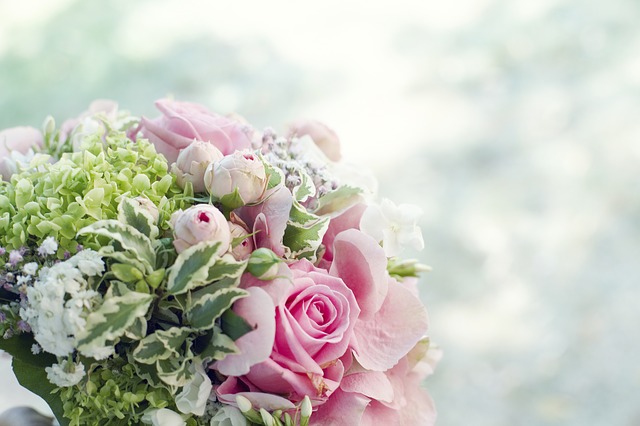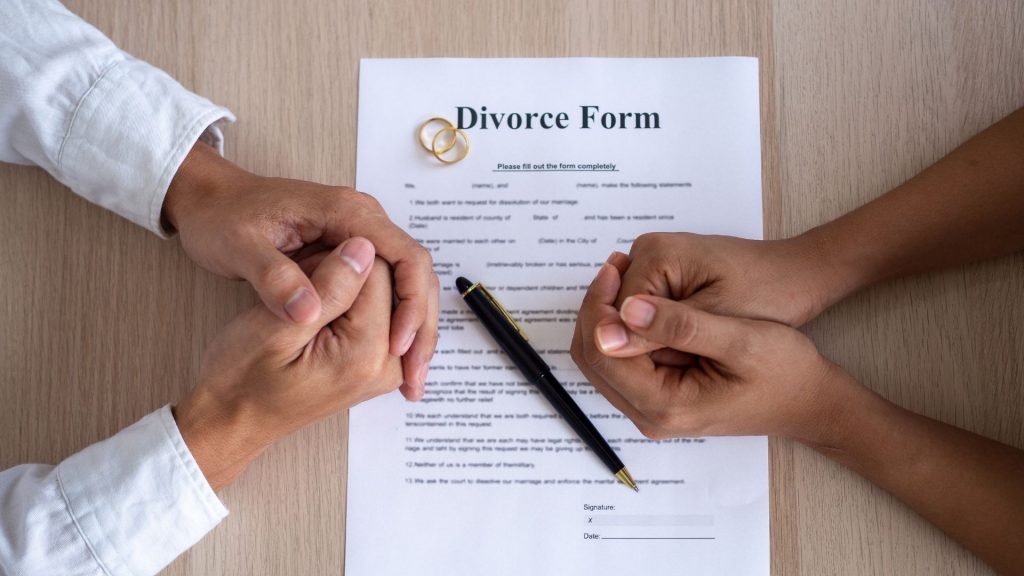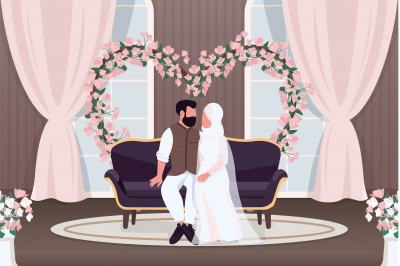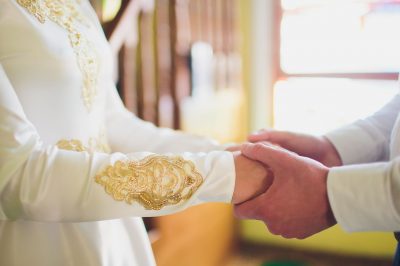As counselors, we get our share of questions from concerned spouses regarding the struggles of marital life.
Whether it’s young people trying to make difficult decisions about getting married, married people trying to make difficult decisions in the context of their own marriages, or others who are heartbroken due to failed marriages, our community is no stranger to marital struggle.
We all know that marriage is of primary importance in Islam. Numerous Qur’anic verses and hadiths point to this fact.
“And among His Signs is this, that He created for you mates from among yourselves, that ye may dwell in tranquility with them, and He has put love and mercy between your (hearts): verily in that are Signs for those who reflect.” (30:21)
And the famous hadith of the Prophet (peace and blessings be upon him):
“When a man marries, he has fulfilled half of the religion; so let him fear Allah regarding the remaining half.” (Al-Tirmidhi # 3096)
Marriage Crisis
From a counselor’s point of view, the number of questions we receive about marriage would lead one to believe that our community is in the midst of a communal crisis in regard to marriage.

In the country where I live, Malaysia, a predominantly Muslim country, there is much concern about the rising divorce rates among Muslims, which happen to be higher than among any other religious group.
Even among married couples, there is much concern about the perceived health of marriages.
Many of the people that we counsel on AboutIslam.net are involved in relationships scarred by physical, sexual, verbal, and psychological abuse.
Some even doubt whether being happy in marriage is possible. Many of our young people are scared to death of getting married based on what they see happening to married people all around them.
Building a life and family with someone (and managing them) is hard work and far from the absolute “bed of roses” that some people unrealistically expect.
Being in a struggle, however, does not preclude the possibility of happiness, fulfillment, joy, love, and even romance.

If we have the right orientation about marriage and have realistic expectations, understand ourselves and our spouses, know what true love really means, and realize that marriage, like any other type of relationship in life, has its ups and downs, then marriage can be a wonderful and valued experience.
Love and Romance in Marriage: Only a Dream?
One of the important topics on people’s minds these days is that of romance in marriage, and whether it is a possibility, especially after a certain marital longevity, reaching a certain age, and after having children.
Unfortunately, I think it’s an undervalued and underrepresented topic in most of our discourse on marriage.
Especially since the messages that we get on a daily basis from the various media that influence our five senses tend to overload us with sexual and romantic themes that rarely match our own living realities.
We should be fully aware that these messages are not intended to make us more attracted to our spouses, mind you, but rather are designed to arouse our desires so that we will go out and buy something.
And that— commercialization and corporatism—is the real story behind the over-sexualized global culture that we are forced to wade through everyday, bombarding us with messages that actually work against us and our marriages but are good for corporate bottom lines.
In the context of Islam, love and romance in marriage is a topic that is directly dealt with in both the Qur’an and the Sunnah.
There are many traditional texts that provide rich insight and guidance on how Muslim husbands and wives can enhance their marital experience.
Look at the life of Prophet Muhammad (PBUH) and how he treated his wives with romance and appreciation, and you’ll find a great example.
Orientation and Expectations
If we look at the variety of Islamic teachings about marriage, we’ll notice that making it successful starts with the right orientation of what marriage is, which leads to managing and setting realistic expectations.
Our world today is filled with arrested development: adults who aren’t really adults and who want to live their lives like children who just won’t grow up.
“It’s about me!” is the clarion call of our narcissistic age.
Prophet Muhammad (peace and blessings be upon him), however, taught us to fulfill the needs and concerns of others before focusing on ourselves.
Well, this goes for marriage too; rather, this goes for marriage ESPECIALLY.

Several Western scholars have cited mounting evidence about the narcissism epidemic that defines not only the culture of our younger generations but adults as well.
This has, in the author’s opinion, had both direct and indirect effects on how we view marriage.
It’s no secret that in the West, marriage has deteriorated into an institution that is not much more than glorified dating.
People don’t “work through” problems anymore, it seems, like many of our parents did.
They don’t “stick it out through thick and thin, for better or worse, in sickness and in health,” as the Christian wedding vows go.
Many claim that this has much to do with the ease of getting divorced as well as the narcissism epidemic, which causes people to only think about themselves. “What about me?” is the mantra of our age!

Unfortunately, the Muslims have not been immune to this epidemic, and the “me” syndrome has spread throughout our ranks as well.
We need the correct orientation about marriage.
It is love, it is intimacy, it is building a life together as partners, but it is also struggle, it is also sacrifice, it is also acceptance, it is also compromise, and it is very much a relationship of mutual service, which only then leads to mutual benefit.
It is also practicality; let’s not forget that it is a joining of resources and energy to build a family as an extension of community and society.
It is the perpetuation of the human race. And it is an economic unit as well.
Marriage is therefore many things, and it plays many roles in society, not all of which are related to love and romance.
Although it is the love that binds it, keeps it and makes it special; and it is love that allows a husband and wife to walk together with, in and to Allah. As such, it is a holy relationship.
Romance is a celebration of gratitude for whom Allah has given us in the form of a spouse, a partner, a lover, and a companion in a life lived in Islam.
It is a special intimacy that should be shared; for some, it happens more frequently, while for others, maybe only on special occasions.
The frequency is not what matters, however, but the level of appreciation for the other and expressing that appreciation and love through action.
The article is from our archives.
The post Rethinking Marriage – A Counselor’s Experience appeared first on About Islam.
source https://aboutislam.net/family-life/youth-4-the-future/rethinking-marriage-a-counselors-experience/


No comments:
Post a Comment